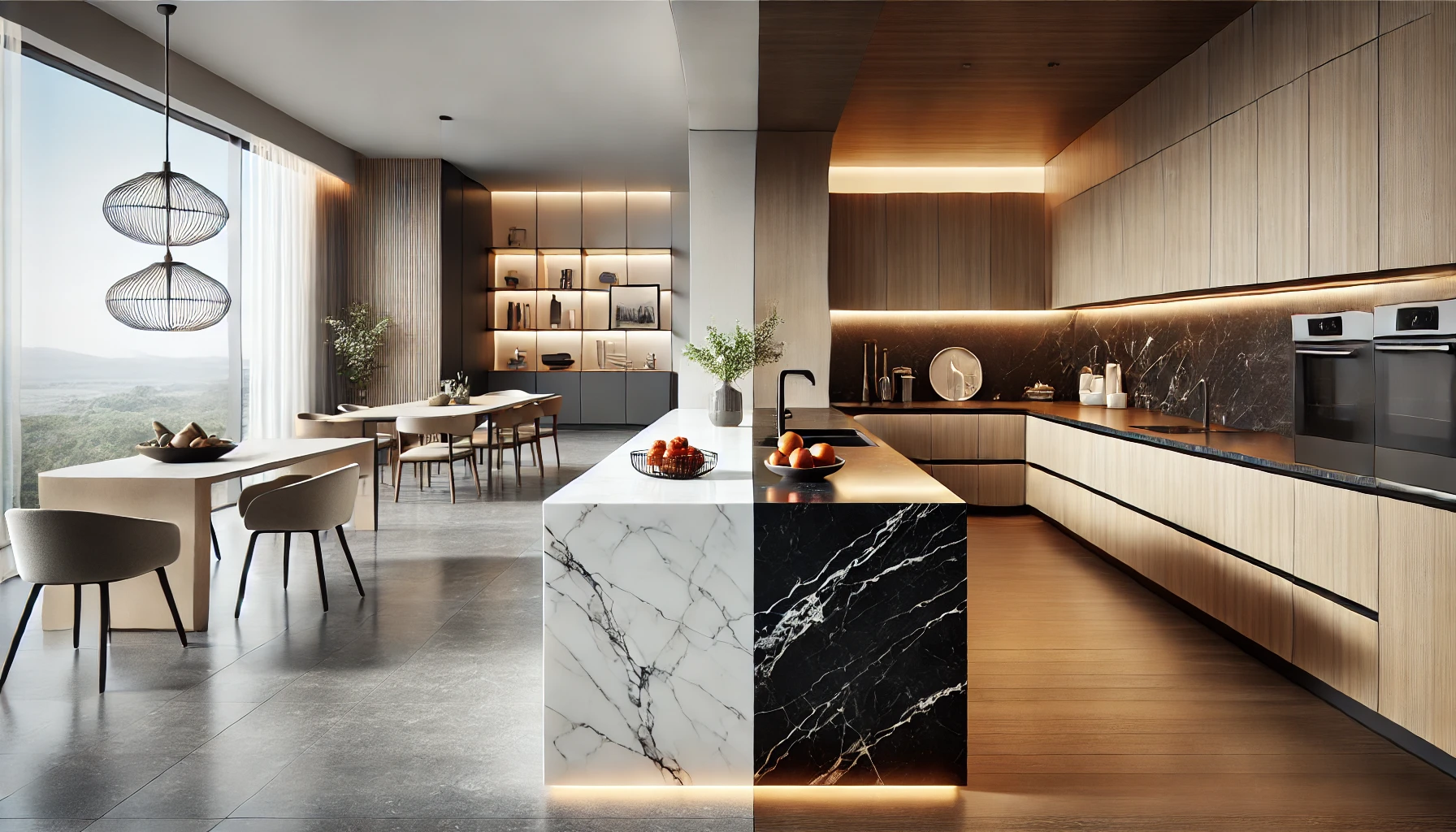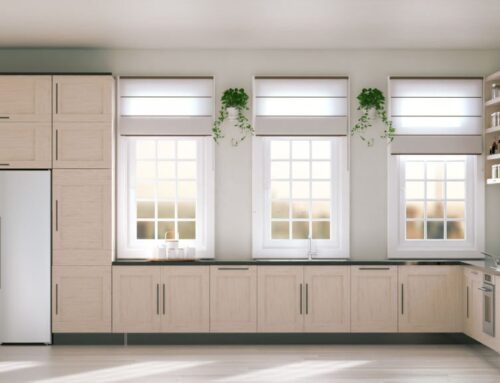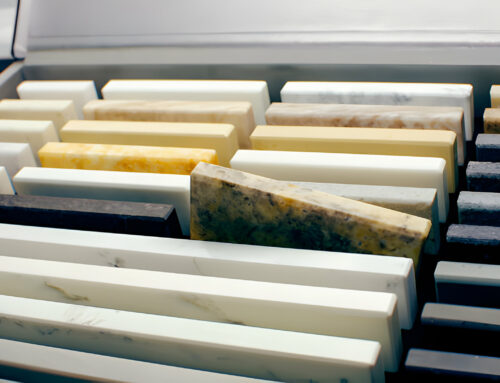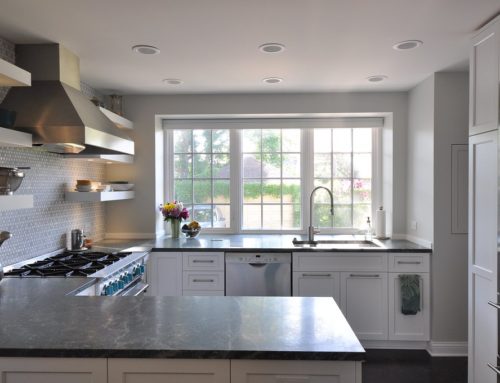Countertops are a key feature of any kitchen or bathroom, combining practicality with style. Among the most popular choices are Silestone vs Quartz Countertops. While both are excellent options, understanding their differences and unique benefits can help you make an informed decision for your home. This article provides a clear comparison to guide your choice.
What Are Quartz Countertops?
Quartz countertops are engineered stone surfaces made by combining 90–95% natural quartz crystals with resins, pigments, and other additives. This manufacturing process creates a non-porous, durable material with consistent patterns and colors.
Brands like Caesarstone, Cambria, and Silestone produce quartz countertops, but Silestone is unique due to its proprietary features and innovations.
What Sets Silestone Apart?
Silestone, a brand by Cosentino, is a premium quartz countertop manufacturer. While it shares many qualities with generic quartz countertops, it stands out because of the following:
- Exclusive Designs
Silestone offers a wide range of colors, textures, and finishes, including polished, suede, and volcano textures. Their unique designs often mimic natural stones like marble or granite. - Technological Innovations
Silestone countertops incorporate Cosentino’s patented technologies such as N-Boost, which enhances the surface’s stain resistance and makes colors more vibrant. - Environmental Focus
Silestone features the HybriQ+ technology, which uses recycled materials and minimizes crystalline silica in its production, making it an eco-friendly choice.
Durability and Resistance
Silestone
Silestone countertops are incredibly durable, resistant to scratches, stains, and heat. The addition of N-Boost technology enhances these properties further, ensuring long-term performance.
Generic Quartz
Like Silestone, generic quartz countertops are also scratch and stain-resistant. However, their durability depends on the manufacturing quality and brand. Lesser-known brands may lack the advanced surface treatments found in Silestone.
Design and Aesthetic Appeal
Silestone
Silestone excels in providing a vast array of colors, patterns, and finishes, catering to diverse design preferences. Popular choices include natural stone-inspired patterns like Calacatta Gold or Eternal Statuario.
Quartz
Generic quartz countertops also come in various designs, but their range may be limited compared to Silestone. Brands like Caesarstone and Cambria, however, offer high-end designs similar to Silestone.
Maintenance Requirements
Both Silestone and quartz countertops are low-maintenance. They are non-porous, meaning they do not absorb liquids and resist bacteria and mold growth.
- Cleaning is simple: wipe with a damp cloth and mild detergent.
- Avoid harsh chemicals, abrasive cleaners, or exposing the surface to high heat directly.
Cost Comparison
Silestone
As a premium brand, Silestone countertops tend to be more expensive, ranging from $60–$100 per square foot installed. The cost reflects their advanced technology, unique designs, and durability.
Quartz
Generic quartz countertops vary widely in price depending on the brand and quality. Affordable options start at $40 per square foot, while high-end quartz from brands like Caesarstone or Cambria may rival Silestone in price.
Environmental Impact
Silestone
Cosentino’s commitment to sustainability is evident in its HybriQ+ technology, which uses recycled materials and reduces harmful emissions during production.
Quartz
Generic quartz countertops vary in their environmental impact. While some manufacturers prioritize sustainability, others may not offer the same eco-friendly practices as Silestone.
Which One Is Right for You?
The choice between Silestone and quartz countertops depends on your priorities:
- Choose Silestone if:
- You want cutting-edge technology like N-Boost and HybriQ+.
- You prefer exclusive patterns and finishes for a premium look.
- Environmental sustainability is a priority.
- Choose Generic Quartz if:
- Budget is a concern.
- You’re seeking a durable, functional surface without premium features.
- The design range from other brands meets your needs.
Conclusion
Silestone and quartz countertops are both excellent choices for modern homes. Silestone stands out for its advanced technology, design versatility, and eco-friendly practices, while generic quartz countertops provide a durable and budget-friendly alternative.
When selecting a countertop, consider your design preferences, functional requirements, and budget. Whether you choose Silestone or another quartz brand, you’ll enjoy a stylish, low-maintenance surface that enhances your space for years to come.






Leave A Comment